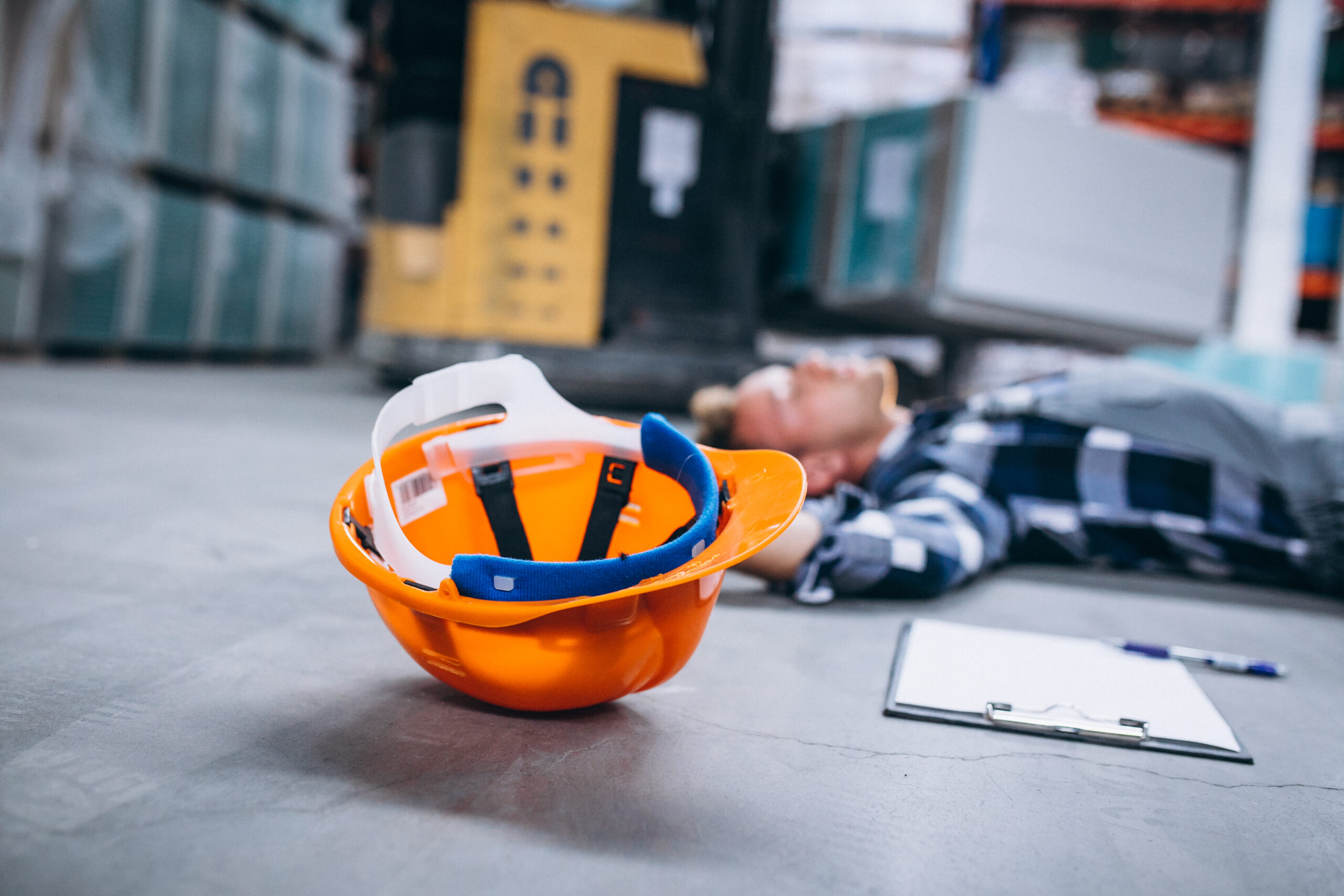A specialized doctor of Khon Kaen University recommends checking the symptoms and signs of “Syncopal Attack” after two celebrities suffered this attack, including Es Kantapong Bamrungrak and the famous hero of the 90s, Rew – Arthit Tungsawatrat, sending Syncope on Thailand Twitter trend. Now, Srinagarind Hospital reported an average of 60-90 syncopal patients monthly who have shown from minor to serious symptoms.
Thursday May 11, 2023 – Assoc. Prof. Praew Khottruchin, M.D., a doctor of the Department of Emergency Medicine, Faculty of Medicine, Khon Kaen University said syncope can occur from many causes. Normally, doctors make diagnosis from clinical symptoms of patients.
Those who faint without cardiac arrest can regain consciousness and resume their normal conditions. In medical terms, this is called syncope. Syncope can occur from many factors, including: heart disease and stroke, such as ischemia or heart attack, brain deficiency such as stroke or convulsion, metabolic abnormalities such as hypoglycemia, which is commonly found in patients with diabetes who are taking medicine for blood sugar reduction, or anemia. Besides, there is the ‘hot’ disease during summer – heat stroke, which can also be a cause of syncope.
Most patients who faint and suffer cardiac arrest are commonly found with heart disease, ischemia, severe arrhythmia, heart attack, pulmonary edema, ruptured artery, pulmonary artery blockage. With these diseases, the death rate can be relatively high if the patient develops syncope.
First aid for a patient with syncope
Assoc. Prof. Dr. Praew said that on seeing a patient faint, what one can assist is to check if the patient is conscious when calling him/her by patting the shoulder softly and by checking his/her breathing. If the patient does not respond, does not breathe or gasps, then there is the indication for cardiac arrest. One must call 1669 immediately for help.
Then perform first aid by pressing the chess or perform CPR at once while waiting for the ambulance to take the patient to the hospital. If the patient does not respond or becomes conscious, then it is recommended not to move the patient, but make the area open for good ventilation, provide shade to obstruct heat, and loosen the shirt before the patient is taken to the hospital.
Checklist for the symptoms before syncope
Even though the symptoms are normal and can occur any time, but syncope has its warning signs. Assoc. Prof. Dr. Praew suggests observing specifically patients with heart disease such as chess pain, shortness of breath, heart palpitations, body swelling, or both legs swelling, not being able to lay flat, feeling fainted when standing or sitting up, or feeling blackout. With these symptoms, the patient should be brought to hospital for doctor’s diagnosis and treatment.
Patients with brain diseases can show mumbling, half-body weakness; while patients with diabetes will show heart palpitations and perspiration; and patients with anemia will turn white, and easily exhausted.
Other non-specific symptoms are various such as dizziness, sweating all over the body, chill, feeling like fainting, not able to hold defecating or urinating. The patient should be sent to hospital for diagnosis and treatment.
“Those over 40 years of age should receive medical check-ups to see if there is any congenital disease so that risk of syncope can be prevented.”

During the past 2 months at Srinagarind Hospital, Assoc. Prof. Dr. Praew said there were an average or 2-3 patients suffering syncope coming to the hospital, or 60-90 cases each month. Most causes were hot weather, loss of body minerals and salt, and infection or complications in patients with congenital diseases such as patients with heart or brain disease who checked positive of Covid-19 until the temperature was very high, or patients with diarrhea and fainted. These patients came to the hospital just recently.
Assoc. Prof. Dr. Praew warned that even healthy and strong people can develop syncope if being too long in the sun or heat, losing water and sweating but failing to drink enough water, or having high temperature from body infection. People at risk can include those who drink too much alcohol, worry or have a lot of stress and do not have enough rest. The doctor ended by recommending us to drink enough water, wearing mask, and avoiding all risks to get infection so that syncope can be avoided, for it can be dangerous to your life.
News: Phanit Khatanak





